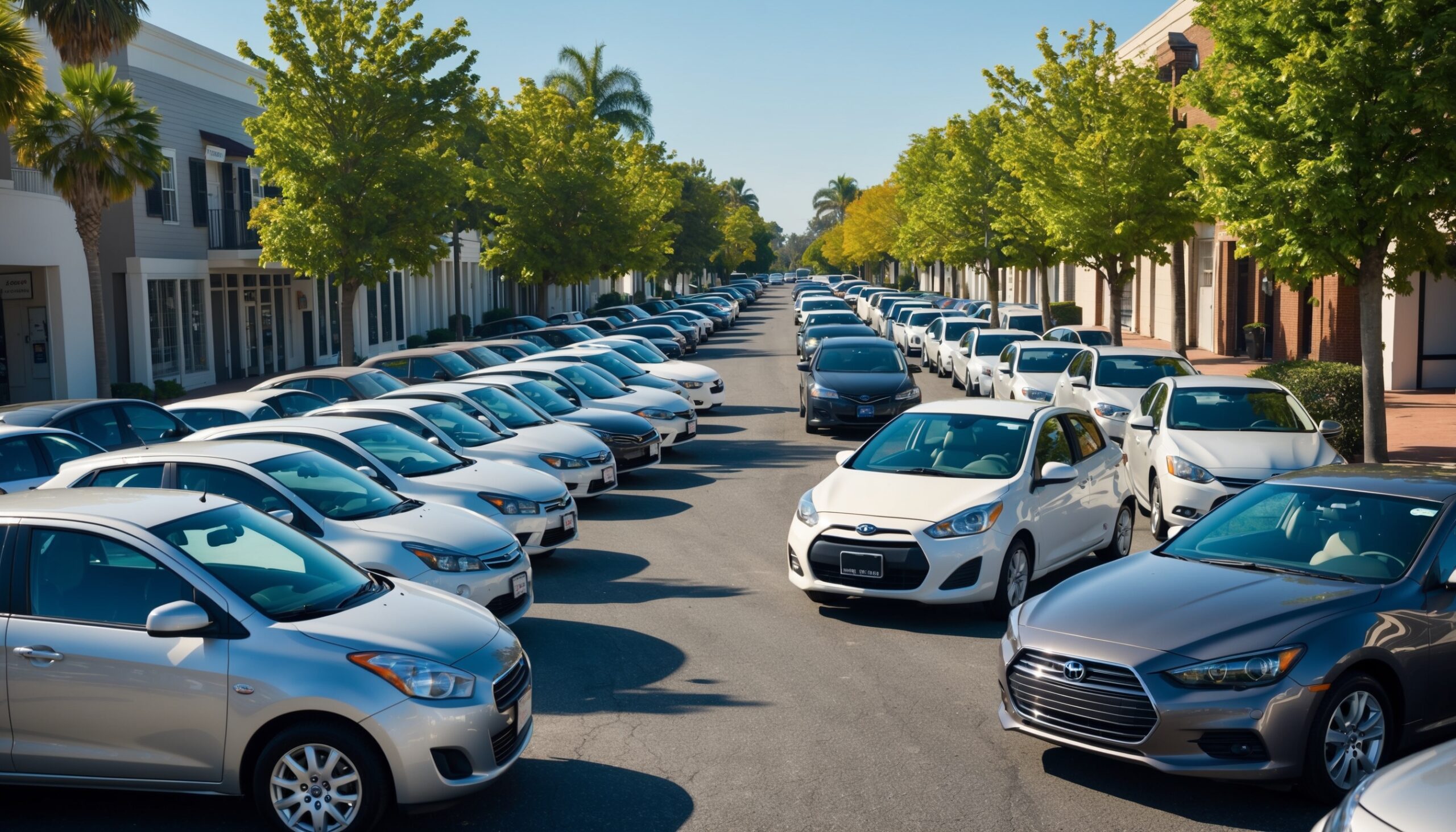White House Apologises for ICE Raids at Factory, Says Hyundai CEO
In a surprising turn of events that has the automotive world buzzing, the White House has issued an apology regarding a series of Immigration and Customs Enforcement (ICE) raids that took place at a Hyundai factory in the United States. Hyundai’s CEO, who has become a pivotal figure in this unfolding drama, shared the news during a recent press conference that has left car enthusiasts and industry insiders alike speculating on the implications for the automotive sector and the broader economy.
The Incident: What Happened at the Factory?
In the heart of America’s automotive manufacturing landscape, a significant ICE operation unfolded, targeting undocumented workers at a Hyundai production facility. The raids, which occurred under the cover of darkness, led to numerous arrests and left many workers and their families in distress. The timing of these raids was particularly controversial, as they coincided with ongoing labor shortages that have been plaguing the automotive industry.
Hyundai, a brand synonymous with quality and innovation, found itself at the center of a storm. The company’s reputation was put on the line as the public and its customer base began to question not only its labor practices but also its commitment to the communities in which it operates.
Hyundai’s Response and the Role of the CEO
Hyundai’s CEO took to the podium to address the situation head-on. His message was clear: the company stands in solidarity with its employees and recognizes the challenges they face. “We are committed to ensuring that our workforce is treated with dignity and respect,” he stated. “The recent events have cast a shadow over our values and our mission as a company.”
This statement was more than just a corporate façade; it reflected a deep understanding of the socio-economic implications of such raids. The CEO emphasized that the White House had reached out to express regret over the timing of the raids, hinting at a need for more thoughtful policies that consider the realities of the labor market.
Why Did the White House Apologize?
The apology from the White House was unprecedented and raised several eyebrows. The Biden administration has been vocal about its commitment to immigration reform and the protection of workers’ rights. The ICE raids at the Hyundai plant caught many off guard, especially given the administration’s recent focus on strengthening labor unions and supporting American workers.
Political analysts suggest that the administration’s response may be an attempt to mitigate backlash from both the public and the business community. By acknowledging the misstep, the White House aims to reinforce its commitment to comprehensive immigration reform while supporting the automotive industry—a crucial sector for the U.S. economy.
The Impact on the Automotive Industry
The ramifications of this incident extend far beyond the immediate effects on Hyundai. The automotive industry has been grappling with labor shortages for years, exacerbated by the pandemic and a shift in workforce dynamics. With electric vehicles (EVs) on the rise, manufacturers are in a race not only for talent but also for innovation. Any disruption in the workforce can have cascading effects on production and supply chains.
Many industry experts believe that the apology from the White House could lead to a reevaluation of policies surrounding labor practices in manufacturing. This could spark a broader conversation about how companies like Hyundai can foster a more equitable work environment while still meeting production demands.
Also Read: White House apologises for ICE raids at factory, says Hyundai CEO
The Community’s Response
The response from the community surrounding the Hyundai factory has been mixed. Many residents have expressed solidarity with the workers affected by the raids, while others have voiced concerns about undocumented labor. Community leaders have called for more transparency from both Hyundai and the government to ensure that the rights of all workers are protected.
- Community Support: Various local organizations have stepped in to provide assistance to families impacted by the raids, offering legal support and resources.
- Public Opinion: Polls indicate that a significant portion of the public supports immigration reform that protects workers while addressing labor shortages.
- Employee Advocacy: Employees at Hyundai have begun organizing to ensure their voices are heard in discussions about labor practices and workplace policies.
Looking Ahead: What Does This Mean for Hyundai and Beyond?
As the dust settles from this incident, the automotive industry will be watching closely to see how Hyundai navigates this complex situation. The company is at a crossroads, with an opportunity to redefine its relationship with its workforce and the communities it serves.
Potential Policy Changes
The apology from the White House may pave the way for new policies that prioritize the well-being of workers while addressing the needs of businesses in a rapidly changing economic landscape. Analysts predict that we could see:
- Increased Support for Labor Unions: A renewed focus on labor organizing could empower workers and lead to better working conditions.
- Reformed Immigration Policies: Changes that offer pathways to citizenship for undocumented workers, especially those in essential industries like automotive manufacturing.
- Enhanced Community Engagement: Companies may be encouraged to invest more in local communities, fostering a more positive relationship with their workforce.
Hyundai’s Future in the EV Market
As Hyundai looks to the future, the company is making significant strides in the electric vehicle market. With ambitious plans to expand its EV lineup, Hyundai recognizes that attracting a diverse and skilled workforce will be crucial for success. The recent events could serve as a catalyst for change, prompting the company to adopt more inclusive hiring practices and workplace policies.
Also Read: 2026 Porsche Cayenne Electric gets 642km range and more pace than a 911 GT3 RS
By actively engaging with its employees and the wider community, Hyundai has the potential to become a leader not just in automotive innovation but also in corporate responsibility. This shift could resonate with consumers who are increasingly prioritizing ethical practices when making purchasing decisions.
The Role of Technology in Workforce Management
In light of the ongoing challenges faced by the automotive industry, technology is set to play a pivotal role in workforce management. Companies like Hyundai are investing in advanced technologies to streamline operations and improve employee engagement. This includes:
- Automation: The integration of robotics and AI to enhance production efficiency while allowing human workers to focus on more complex tasks.
- Data Analytics: Utilizing data to better understand workforce dynamics and address issues before they escalate.
- Training Programs: Implementing robust training programs to upskill workers and prepare them for the future of automotive manufacturing.
Conclusion: A New Era for Hyundai and the Industry
The recent ICE raids at the Hyundai factory have ignited a conversation about labor rights, immigration policies, and corporate responsibility in the automotive sector. As the industry grapples with these issues, Hyundai stands at the forefront of a potential transformation. With the backing of the White House’s apology, Hyundai has a unique opportunity to reshape its narrative and reinforce its commitment to its workers and the communities it serves.
For car enthusiasts and industry watchers, the coming months will be critical. Will Hyundai emerge as a leader in ethical manufacturing practices? How will the automotive landscape change in response to these events? One thing is for certain: the automotive industry is evolving, and all eyes will be on Hyundai as it navigates this complex terrain.
Stay tuned with Torque Feed for more updates on the latest developments in the automotive world!












